The News-Hub/ Articles
Back to Articles
Recommended Articles
Why Plastic Bottles Should Be BPA Free in 2021
Plastic water bottles are a big no no in the world of environmental sustainability. Yet, single-use bottles, which take approximately 450 years to decompose, are bought at a rate of 20,000 bottles per second. When discarded, these plastic bottles can kill animals, leak harmful chemicals into the environment, and disrupt ecosystems.
For instance, in 2019 an albatross was found dead in Hawaii with 119 plastic bottle caps in its stomach. Earlier this year, another albatross in New Zealand succumbed to a similar fate; the animal was found dead after swallowing an entire 500ml plastic water bottle. Not even five years old yet, it had starved to death.
Stories like this are becoming more and more common. However, people across the world are becoming increasingly educated on environmental issues and thus more eco conscious as a result. The artistically minded have even been converting plastic water bottles into art!
Regardless, the threat still remains not just to animals but to human beings as well in the form of a chemical known as BPA.
What is BPA? What does BPA stand for?
BPA (Bisphenol A), is an industrial chemical that has been used since the 1960s to make hard and clear plastics. especially popular in the packaging industry. Common products that may include BPA are:
- Items packaged in plastic containers
- Plastic Bottles
- Canned foods
- Toiletries
- Feminine hygiene products
- Thermal printer receipts
- CDs and DVDs
- Household electronics
- Eyeglass lenses
- Sports equipment
- Dental filling sealants
In the past decade, the negative health effects of BPA have become especially concerning. In fact, in 2011 the European Union banned the use of this substance in baby bottles. A year later, BPA was prohibited by the Food and Drug Administration (FDA) in America.
Recently, BPA was also banned by the EU for use in thermal paper. In fact, there is an ongoing debate whether or not BPA should be banned in the EU completely.
Why is BPA Problematic?
The problem with BPA is that it is an “endocrine disrupting compound” meaning that BPA can act like a hormone and upsets the function of normal hormones. Consequently, research indicates that BPA has been linked to cancer, neurological disabilities, thyroid dysfunction, early puberty in girls, premature labour, and reproductive disorders. Shockingly, a recent survey found that 93% of Americans have BPA in their bodies.
How long does BPA stay in the body for?
BPA has been likened to “a guest that won’t leave”. It takes between four and nine hours for BPA to leave the body after consumption and exits the body through urine or sweat.
How to undergo a BPA detox?
One way to do this is to deliberately choose food products in supermarkets that are not wrapped in BPA packaging. Other ways to limit exposure include switching to stainless steel and glass food/beverage containers, moving food to ceramic or glass food containers for microwaving, and eating fresh produce. Additionally, you can brew smarter by using a French press or manual drip system, rather than using automatic coffee makers which often contain BPA-laced plastic water tanks and tubing.
What is a BPA free water bottle?
Another helpful way to help with your BPA detox is to steer clear of BPA plastic water bottles. Instead of using those, search for bottles with the BPA free sign which are also reusable!
If a product is not clearly labelled then bare in mind that some products labelled with recycle codes #3 and #7, or the letters “PC”, are highly likely to contain BPA.
It is important to note that if you are using an older product, such as your grandmother’s plastic tupperware, there is a very strong possibility that it contains BPA. The plastic may not even have a label as it could pre-date labelling laws. So, if in doubt, the best thing to do would be to treat yourself to a new BPA-free water bottle.
In fact, some companies are even starting to sell water in cartons! Check out One Water and Just Water.
All in all, it is clear that the use of plastic water bottles (especially those made with BPA) are harmful not only to wildlife and the environment, but to our physical makeup as human beings. Therefore we should use BPA free water bottles in 2020 at the least to mitigate the amount of this toxic chemical we consume. We must practice conscious and mindful consumer habits to protect ourselves and our planet.
Empty content. Please select category to preview



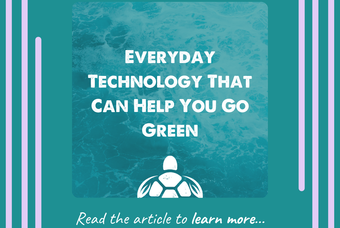

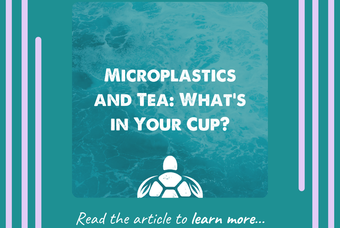
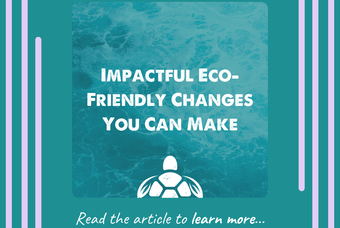
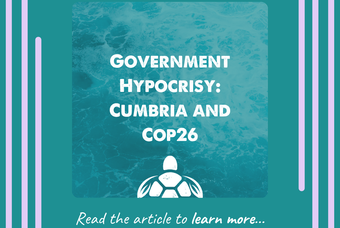
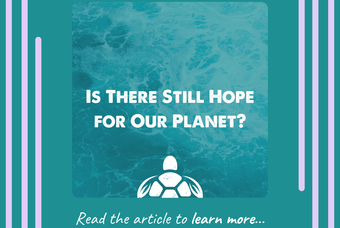
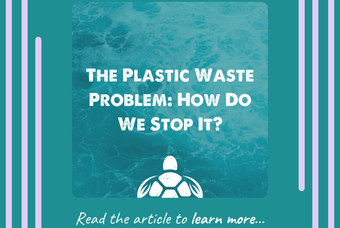
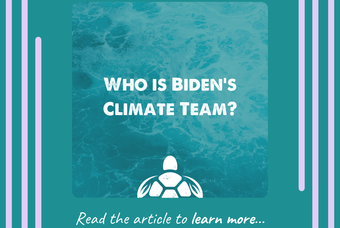
0 comments. Write a comment